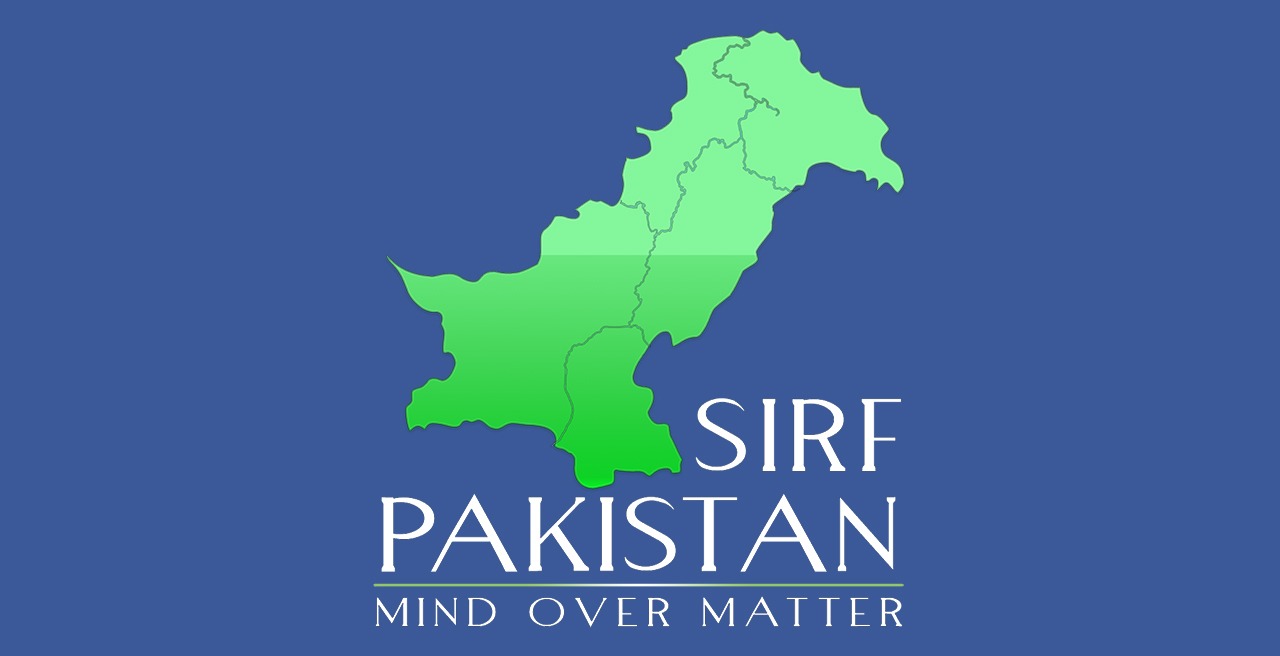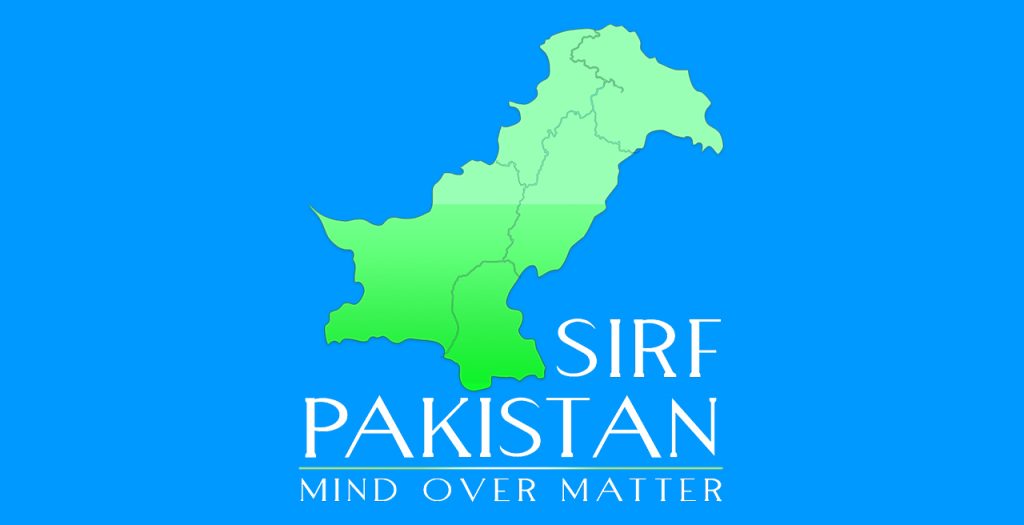Pakistan’s equity market witnessed a bloodbath on Tuesday as the benchmark index plunged below the 40,000-point level, analysts said, amid uncertainty surrounding the country’s political situation and a delay in 9th review of the International Monetary Fund (IMF) program.
The benchmark KSE100 index shed 1,138 points to close at 39,832 points on Tuesday. The market previously closed below the 40,000-point level in July this year.
Analysts said profit-taking was witnessed across the board as worried investors did not take fresh positions due to rising political uncertainty and economic situation in the South Asian country.
“The equity market reacted to the news of the power tariff hike, overall delayed IMF program and ongoing political noise,” Samiullah Tariq, research director at the Pakistan-Kuwait Investment Company, told Arab News.
Pakistan is currently engaged with the IMF for the 9th review of its $7 billion loan program, but no headway has been made since November though the fund termed the discussions “productive.”
The South Asian country is expected to receive around $1 billion from the IMF after the completion of the review. The inflows are vital for the country’s depleting foreign exchange reserves, which stand at $6.7 billion, barely enough to cover imports for a month.
Though the market also reacted to the news of a power tariff hike, the energy ministry denied that the “government has made any decision to raise the power tariff.”
However, the government has decided to reduce business hours to conserve energy, similar to measures taken in the past.
Defense Minister Khawaja Asif on Tuesday said the federal government would approach provinces for the implementation of the energy-saving policy.
Under the policy, Asif informed, restaurants, hotels and markets would be closed by 8pm, while wedding halls would be shut down by 10pm.
But traders said the policy had failed time and again and the measures did not yield the desired result.
“In the past as well, energy could not be saved through such measures which was evident from load-shedding,” said Atiq Mir, chairman of All-Karachi Tajir Ittehad, which is an umbrella group of major business associations in the Pakistani financial hub.
“Our business has already shrunk to around 40 percent and the recent move would further dent business activities.”
Pakistan is also caught in the middle of a political turmoil since the ouster of former prime minister Imran Khan in a parliamentary no-trust vote in April.
Khan, in his latest move to pressure the federal government into announcing nationwide snap polls, has announced dissolving the Punjab and Khyber Pakhtunkhwa provincial assemblies on December 23. His Pakistan Tehreek-e-Insaf (PTI) party and allies rule the two provinces.
“Stocks slumped on political uncertainty after the PDM (Pakistan Democratic Movement) moved for a no-trust motion [against Chief Minister Pervaiz Elahi] in the Punjab Assembly,” Ahsan Mehanti, CEO of the Karachi-based Arif Habib Corporation brokerage and securities firm, told Arab News.
The PDM on Monday submitted a no-confidence motion in the Punjab Assembly, ahead of planned dissolution of the provincial assemblies.
Khan’s party controls two of the country’s four provincial assemblies, while the other two are ruled by his political opponents, who are also in power in the center.
Pressure in the currency market continued to persist as well, with the dollar closing slightly higher at Rs225.12 against the rupee in the interbank market.



